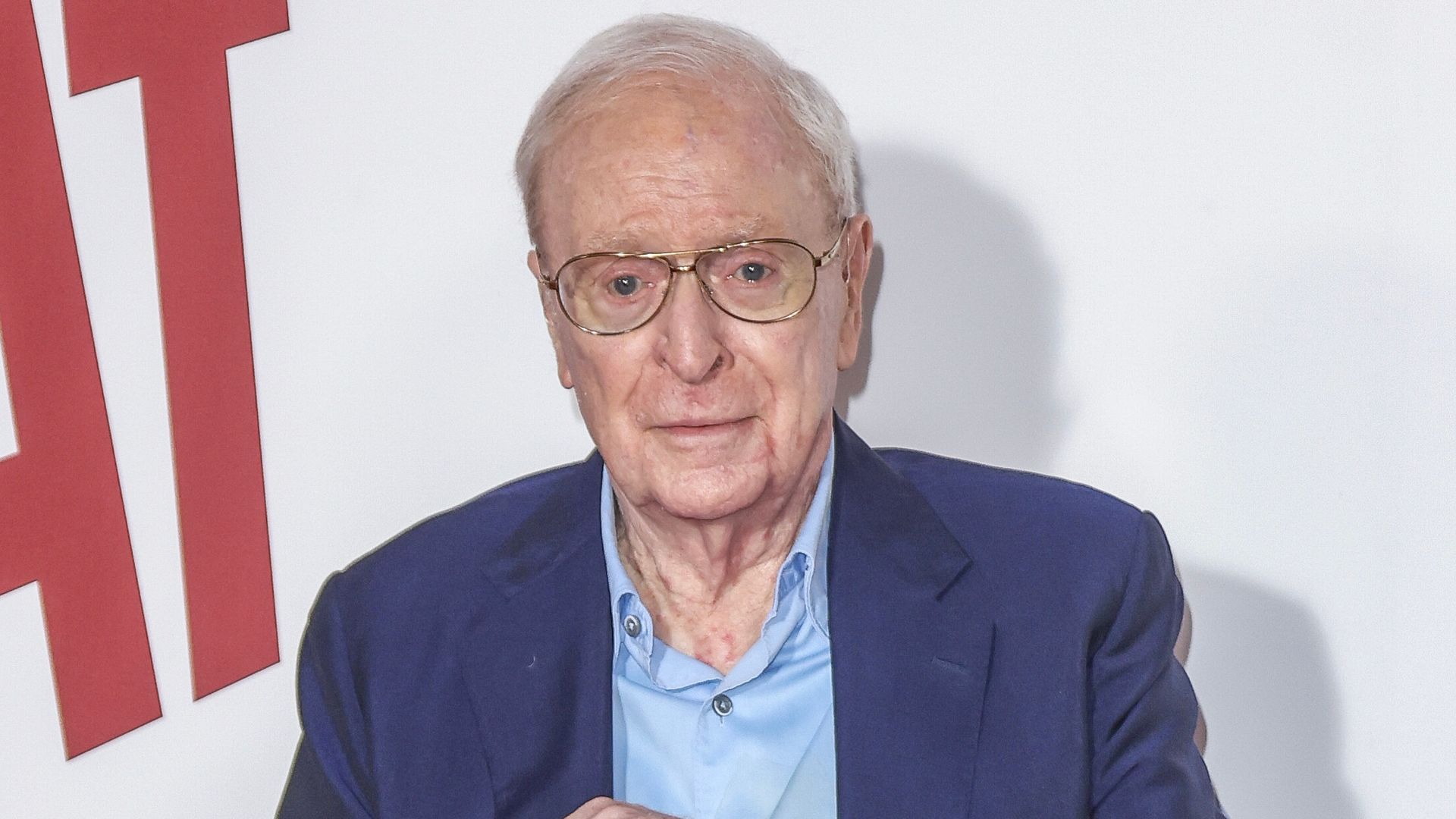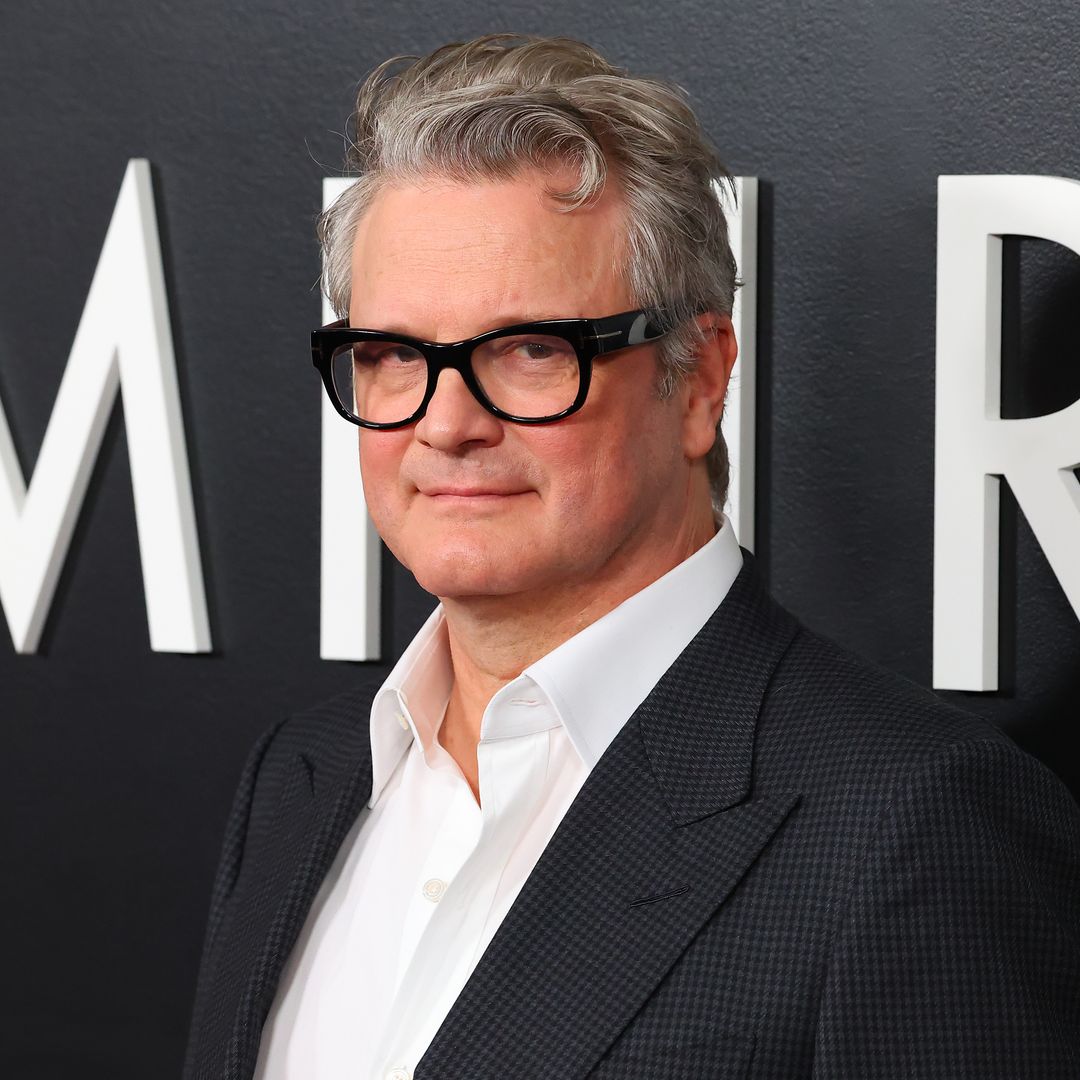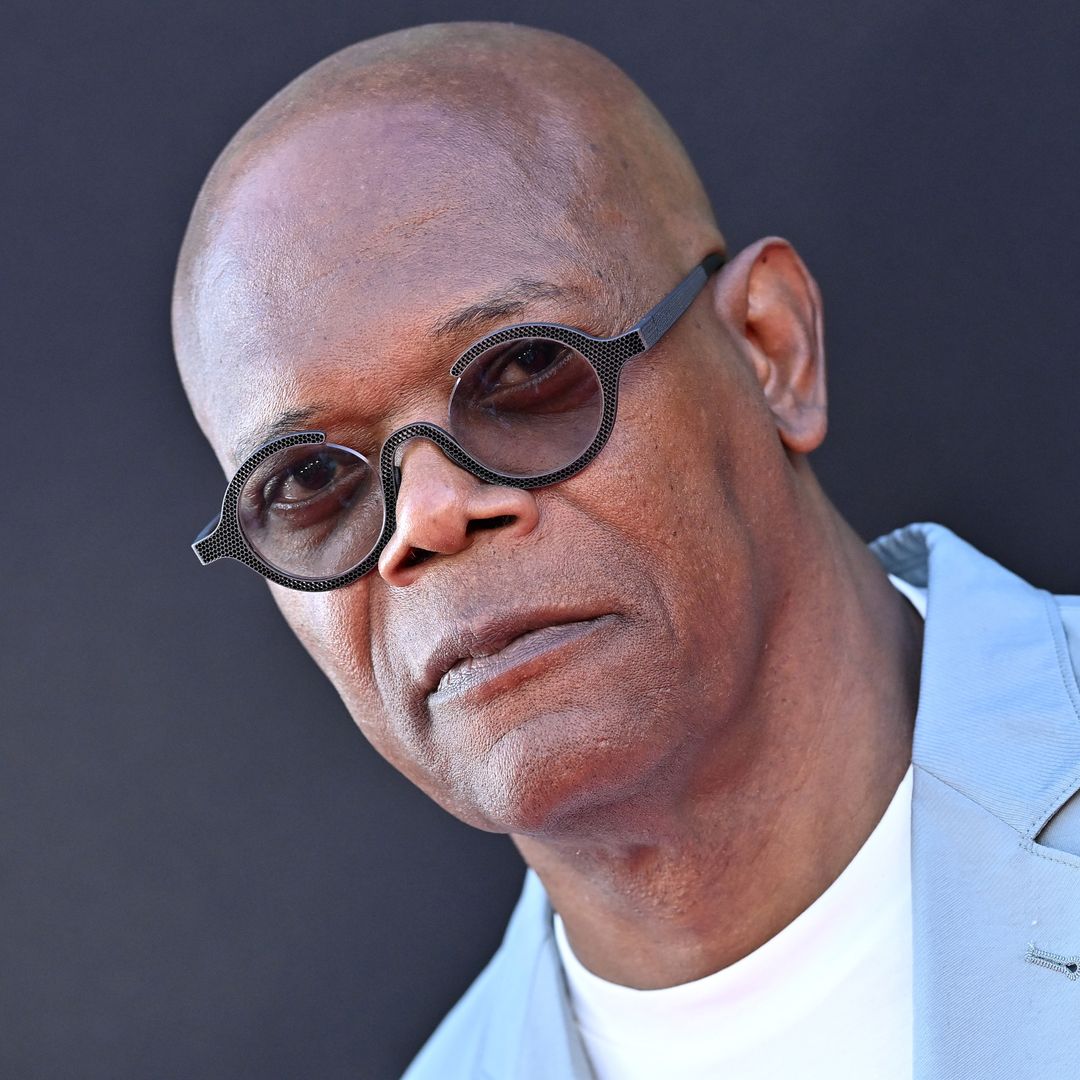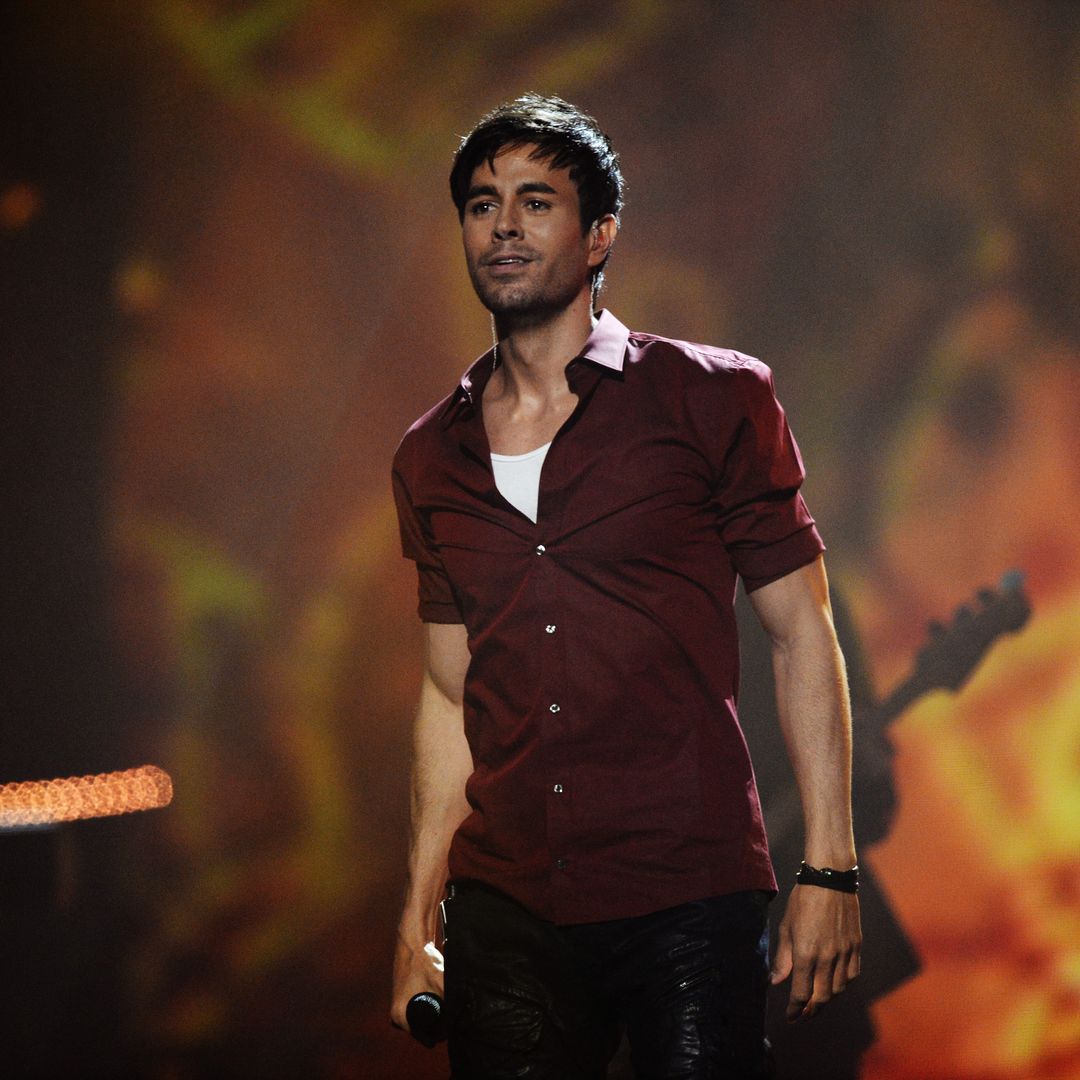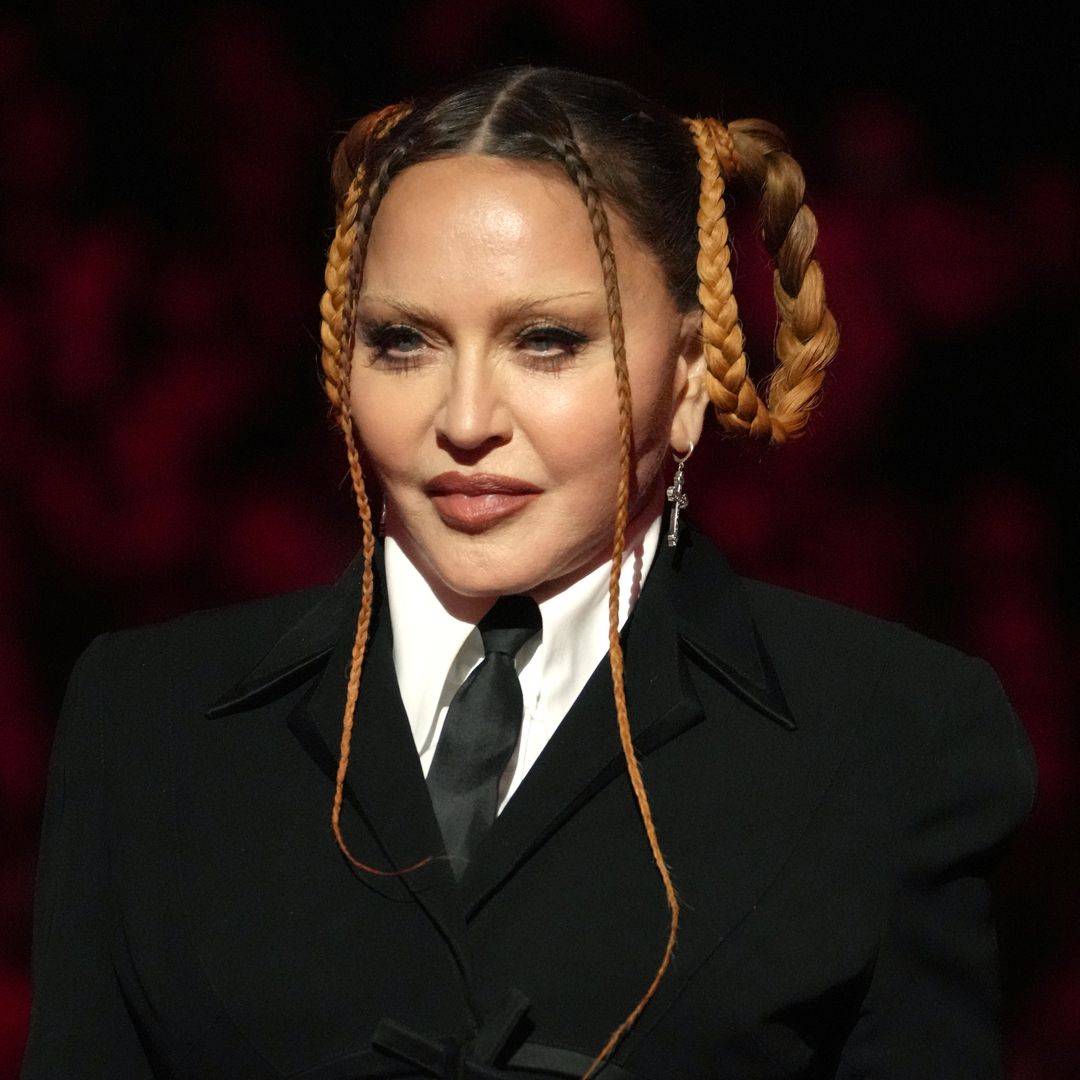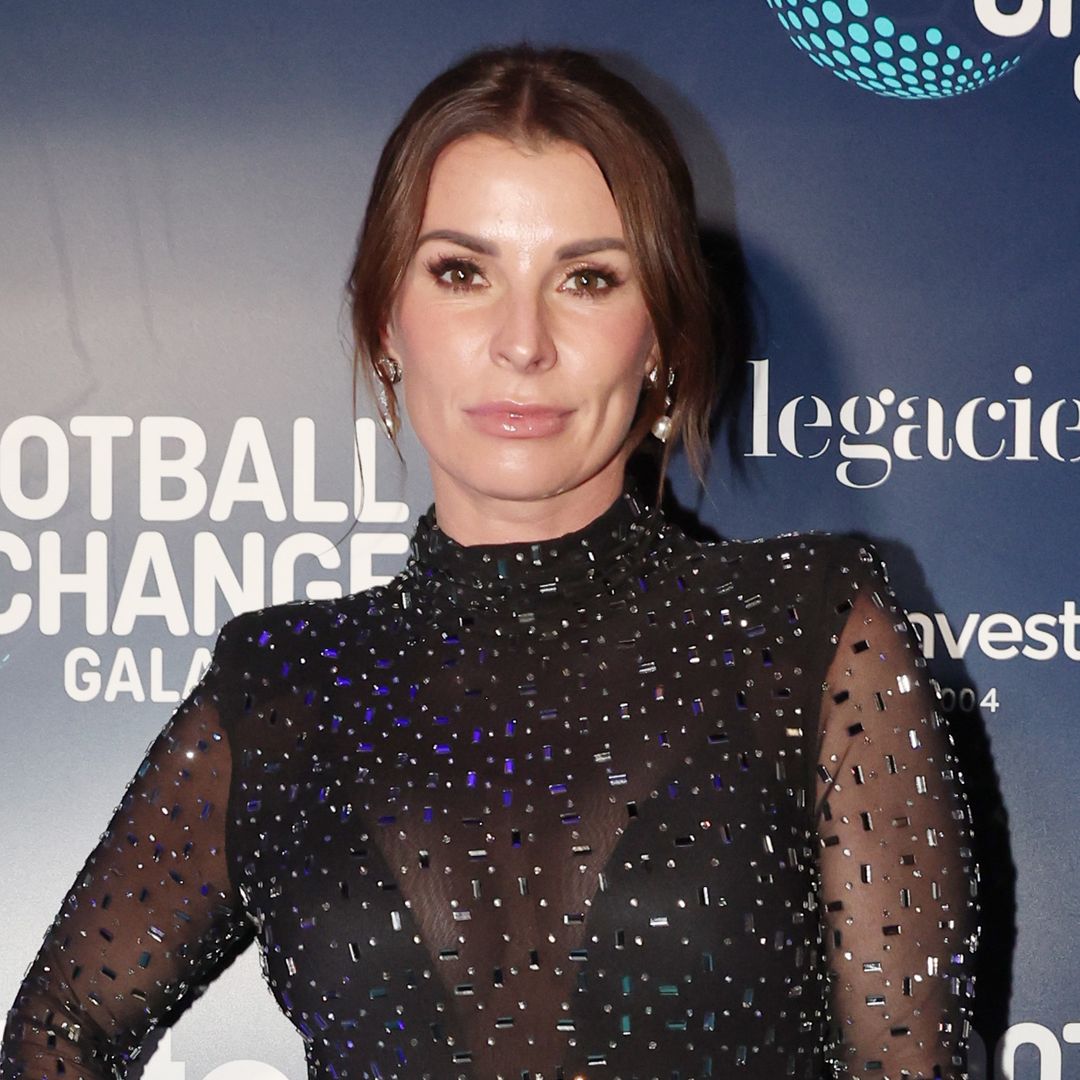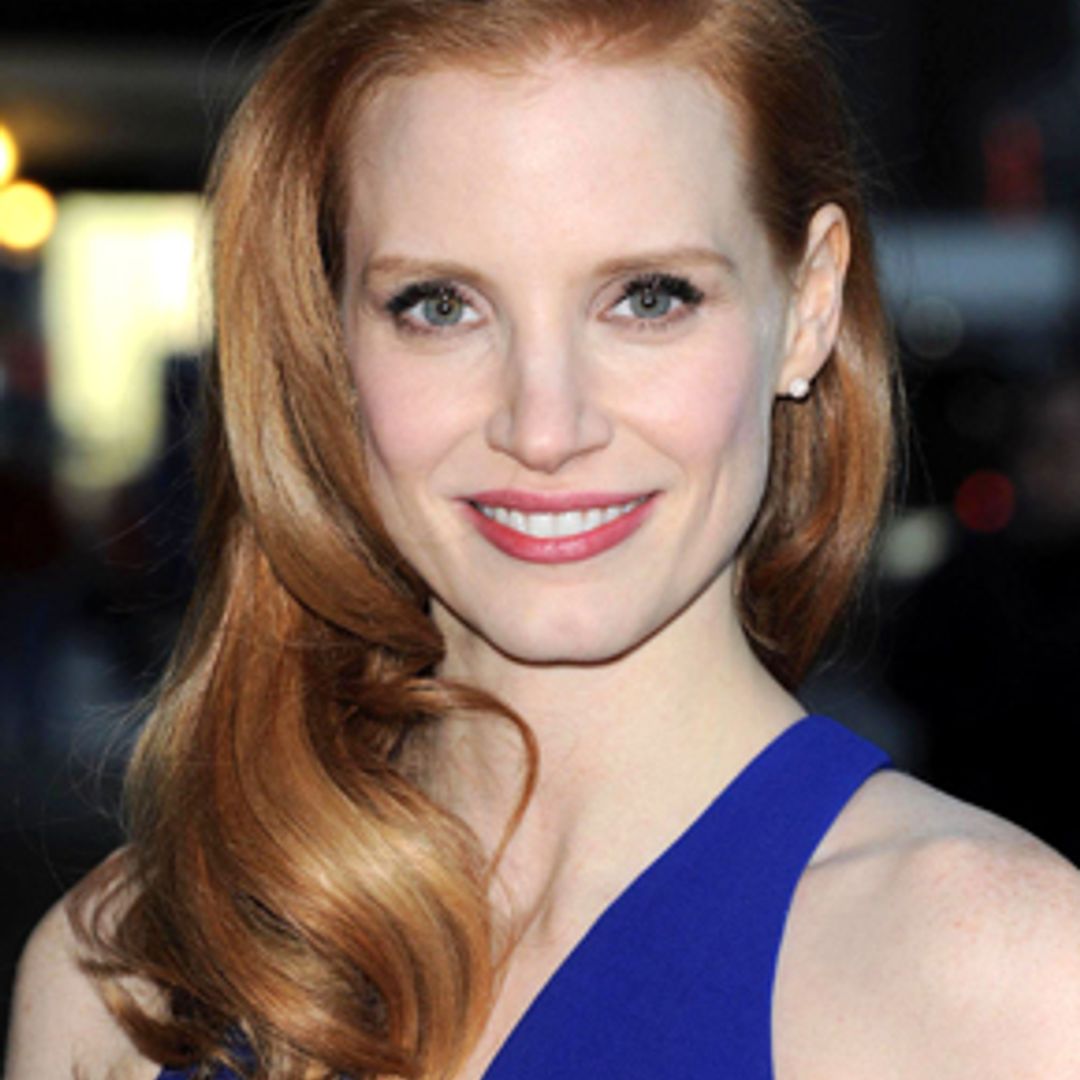"First of all I choose the great films; and if none of those come, I choose the mediocre ones, and if they don't come I choose the ones that are going to pay the rent," said Sir Michael Caine. With almost 40 years in the business and numerous classics under his belt, the actor certainly seems to have a formula that works.
Michael's south London accent and charm were hardly the makings of a matinee idol; which makes his long-running and amazingly prolific career an even greater testament to skill and effort. He has made some fantastic films as well as, by his own admission, some downright awful ones becoming in the process much more than just a star. Sir Michael Caine is an icon.
Michael Caine's early life and career
Born Maurice Joseph Micklewhite on March 14, 1933, Michael grew up in a two-room flat without electricity in an area close to the Thames. His father, Joseph, was a fish market porter; his mother Ellen worked as a cleaning lady, and the youngster was raised to follow in the family footsteps, entering the fish trade like his father and grandfather before him. Michael had other ideas, however.
In the local cinema he found an escape from the bombed out ruins of post-war south London and dreamed of becoming an actor. After doing his national service in the Army serving first in West Berlin and later seeing combat in the Korean War Michael returned to England in 1953 and gravitated towards the theatre. He took night classes in drama while supporting himself with various day jobs and adopted the stage name Michael Scott. He had to change names in the mid-Fifties, after he tried to join Actors Equity to get a TV role and found there was already another Michael Scott.
Pressed for time and calling his agent from a phone box on a London street, the actor spotted a cinema marquee advertising The Caine Mutiny and the moniker was sealed. In the years that followed, Michael appeared in more than 100 television dramas, with repertory companies throughout England, and later in the stage hit The Long and The Short Of It. In the latter he served as Peter O'Toole's understudy, a role he later assumed on tour.
He also met and fell in love with a young English actress, Patricia Haines. The couple married in 1955 and a year later had a daughter, Dominique. The relationship ended, however, in 1957. Michael's breakthrough came playing against type as an upper crust, effete army officer in the 1964 film Zulu. But it was the roles of working-class spy Harry Palmer in 1965's The Ipcress File, and as a charming Casanova in Alfie, the following year, that would make Michael a household name. His delivery of cockney assuredness combined with just a hint of self-doubt also earned him a Best Actor nomination for the latter film.
Michael was the epitome of the new breed of actor emerging during the mid-Sixties in England the working class "bloke" with glasses and a down-home accent. He would reprise the Harry Palmer character on two further occasions towards the end of the decade in Funeral in Berlin and The Billion Dollar Brain, as well as knocking out other classics such as The Italian Job and Get Carter. And a tour de force performance opposite Laurence Olivier in the 1972 thriller Sleuth won him a second Oscar nomination in 1972.
As his career went from strength to strength, Michael's private life also moved ahead when he fell in love with Guyanese model and former Miss World competitor, Shakira Baksh, whom he had spotted in a TV coffee ad. After asking around he finally got her phone number, and the two were soon dating. They married in 1973 and had a daughter, Natasha, the same year. "Shakira understands Michael more than anybody," observed late pal Roger Moore. "They're completely compatible."
The late 1970s and 1980s were something of fallow period for the actor, although amidst the dross there were some gems. Michael earned his third Oscar nomination for his portrayal of an alcoholic English literature professor in 1983's Educating Rita. Three years later he finally scooped an Academy Award for Best Supporting Actor in Woody Allen's Hannah And Her Sisters, playing a man who is infatuated with his wife's sister.
Most of Michael's best work in this period, however, was for the small screen, in dramas such as 1988's Jack The Ripper for which he earned a Golden Globe and as the troubled title character in Jekyll & Hyde (1990). Bouncing back onto the big screen in 1998 with Little Voice, he gave a stand-out performance as sleazy agent Ray Say in a film already brimming with excellent acting. A year later Michael scooped his second Best Supporting Actor Oscar for The Cider House Rules, playing a loveable orphanage-running abortionist complete with American accent.
Later career
In 2000, he was awarded a knighthood in the Queen's Birthday Honours List for his contribution to the arts. As he approached his 70th birthday, it seems there was no stopping the actor. Enjoying something of a renaissance following his Oscar win, in 2002 he popped up as the father of super spy Austin Powers, a character which his Harry Palmer had surely inspired, in Austin Powers In Goldmember.
His role in The Quiet American earned him a further Best Actor Oscar nomination in 2003. "I can't think of anything more frustrating," he said, "than to be sitting on a rocking chair on a porch at the end of your life, regretting the things you did and didn't do."
In more recent years, he's been known for role as Alfred Pennyworth in Christopher Nolan's Batman trilogy, as well as parts in The Prestige, Inception, Interstellar, Dunkirk and Tenet – also Nolan movies.
His final film role came in October 2023 in The Great Escaper. That same month, after a mammoth career, he announced his retirement.
